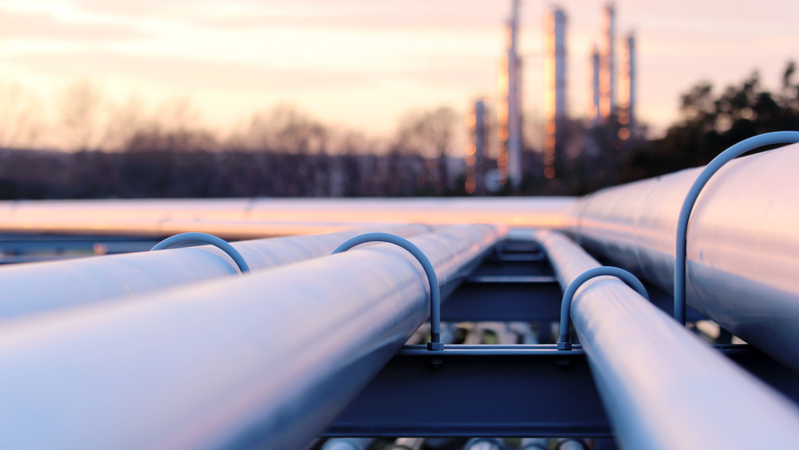
The Senate Commerce, Science, and Transportation Committee voted 22-6 today to advance the nomination of Paul Roberti to be Administrator of the Pipeline and Hazardous Materials Safety Administration (PHMSA).
Voting no on the nomination were Sens. Edward Markey, D-Mass.; Ben Ray Luján, D-N.M.; John Hickenlooper, D-Colo.; Andy Kim, D-N.J.; Lisa Blunt Rochester, D-Del.; and Brian Schatz, D-Hawaii.
Despite that opposition, Roberti’s nomination ended up receiving broad bipartisan support. His nomination now moves to the full Senate for further consideration.
If confirmed, Roberti has pledged to bolster coordination among Federal agencies to counter growing physical and cybersecurity threats to the nation’s pipeline systems.
“The best defense against these threats requires constant vigilance and close coordination with Federal, state and local government partners,” Roberti said during his confirmation hearing testimony before the committee earlier this month. “And if a bad incident occurs, these same defensive measures are equally critical in the context of emergency response and recovery.”
“Today, we face many threats and challenges to our pipeline infrastructure,” Roberti told senators during his nomination hearing. “Physical and cybersecurity threats from bad actors, whether individuals or nation states, pose a steady and growing risk to the safe and reliable operation of our pipeline systems.”
Pipelines fall under the Department of Homeland Security’s (DHS) designation as part of the energy critical infrastructure sector – one of 16 sectors deemed vital to national security, public health, and economic stability.
While cybersecurity oversight falls primarily under DHS, Roberti stressed PHMSA’s supporting role and highlighted his prior work facilitating interagency agreements with the Transportation Security Administration and Department of Energy. These agreements helped increase PHMSA’s presence in pipeline control rooms and improve cybersecurity collaboration.
“I think that across the Federal landscape, there needs to be full engagement, information sharing, and thinking about how we can leverage each other’s resources,” Roberti said.
He also pointed to the value of emerging technologies, including artificial intelligence, in improving pipeline safety. Roberti said he would prioritize AI-based risk assessments and work to develop safer, more efficient systems for transporting hazardous materials.
